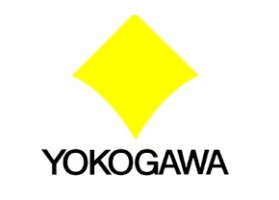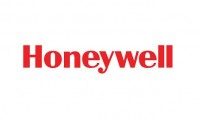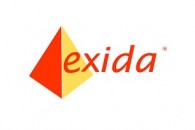 Yokogawa Electric Corporation announces that its subsidiary, Yokogawa Electric Korea, has received an order from Doosan Heavy Industries & Construction Co., Ltd., a major South Korean plant construction company, to supply control systems for Doha phase 1 project to build a reverse osmosis* desalination plant in Kuwait. This is Yokogawa's first control system order for a reverse osmosis desalination plant from a South Korean plant construction company.
Yokogawa Electric Corporation announces that its subsidiary, Yokogawa Electric Korea, has received an order from Doosan Heavy Industries & Construction Co., Ltd., a major South Korean plant construction company, to supply control systems for Doha phase 1 project to build a reverse osmosis* desalination plant in Kuwait. This is Yokogawa's first control system order for a reverse osmosis desalination plant from a South Korean plant construction company.
This plant will be built in Doha, which is about 20 km east of Kuwait city, by Kuwait's Ministry of Electricity and Water. The plant will produce 270,000 tons of fresh water per day, sufficient to meet the needs of 900,000 residents.
For this project, Yokogawa Electric Korea will supply a CENTUM® VP integrated production control system and ProSafe®-RS safety instrumented system. The company will complete the engineering, installation, and commissioning of these systems by December of this year, and the plant is scheduled to start operation in November 2018.
Yokogawa was able to win this order because of its solid track record in providing control systems for desalination plants and the high reliability and long-term stability of its products.
In the Middle East, there is an urgent need for solutions to water shortages caused by rapid industrialization and population growth in urban areas, and many desalination plants are under construction or in the planning phase. Backed by this control system order from Doosan Heavy Industries & Construction, one of the world's top builders of desalination plants, Yokogawa will expand its desalination plant control business not only in the Middle East but also other regions around the world.

 Honeywell Process Solutions (HPS) recently announced it will provide an integrated control and safety system for the strategically important Trans-Anatolian Natural Gas Pipeline (TANAP) in Turkey.
Honeywell Process Solutions (HPS) recently announced it will provide an integrated control and safety system for the strategically important Trans-Anatolian Natural Gas Pipeline (TANAP) in Turkey. Yokogawa Electric Corporation announces that its subsidiary, Yokogawa India, has received an order from the Gas Transmission Company Limited (GTCL) to supply a monitoring and control system for the gas pipeline system in Bangladesh. This project will involve the revamping, modernization, and expansion of GTCL's existing supervisory control and data acquisition (SCADA) system.
Yokogawa Electric Corporation announces that its subsidiary, Yokogawa India, has received an order from the Gas Transmission Company Limited (GTCL) to supply a monitoring and control system for the gas pipeline system in Bangladesh. This project will involve the revamping, modernization, and expansion of GTCL's existing supervisory control and data acquisition (SCADA) system. exida, a global supplier of functional safety products, services and certifications is pleased to announce a business partnership with Arme, Turkey.
exida, a global supplier of functional safety products, services and certifications is pleased to announce a business partnership with Arme, Turkey.